| Biodiversity | Cathedral Peak research catchments; Brotherton fire trial | The stability of grassland plant diversity under different fire regimes in the face of global change, in the northern Drakensberg | Gordijn, P. J. | T. O'Connor, S. Kruger, S J. v Rensburg, T. Everson, C. Everson, C. Morris | Grassland composition and diversity have strong links to ecosystem functioning. Fire is a natural disturbance in these grasslands and was historically ignited by lightening, however, most fires in Africa today are the result of anthropogenic ignitions. The influece of these anthrpogenic fire regimes on grassland biodiversity is largely unexplored. Moreover, under global change the complex relationships between fire regimes, the changing environment and biodiversity may be altered. This project has utilized historic grassland composition data to assess changes therein over time, under different fire regimes. This has been done at smaller and larger catchment scale studies in and around the Cathedral Peak research catchments. | SAEON; EKZNW |
| Carbon | Northern Drakensberg Cathkin area | The stability of grassland plant diversity under different land tenures in face of global change, in the northern Drakensberg | Gordijn, P. J. | T. O'Connor, E. Granger, D. Jewitt, S J. v Rensburg | Grasslands are valued by society for a variety of services ranging from water production, rangeland for livestock production and conservation areas. The reasons for placing value grasslands is strongly linked to their plant diversity, but what effect do different land uses have on this diversity? How have these changed in the face of global change? This aim of this project is to examine the effect of different land uses on grassland plant diversity in the northern Drakensberg, Cathkin area. Questions we are asking include: what is the stability of grassland diversity over time under different land uses? What trends in land use are emerging and how is this affecting grassland landscape ecology? | SAEON; EKZNW |

